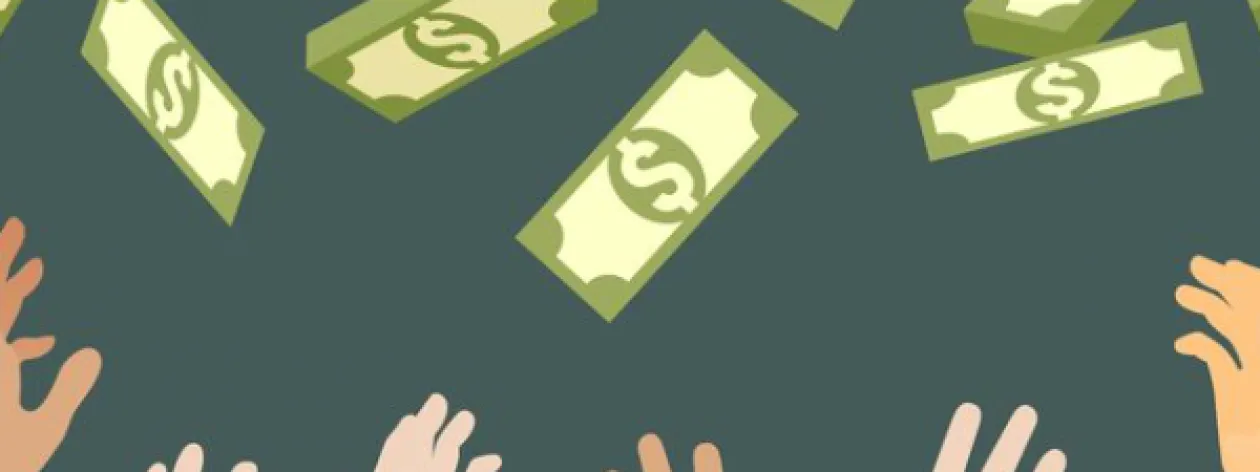51 per cent of Poles aged 18-64 would support the introduction of Unconditional Basic Income in Poland. This support drops significantly when the specific funding options for this solution are taken into account:
to a level of 30 per cent if its financing would require a substantial increase in taxes;
to 28 percent, if its financing would require waiving a part of social benefits and services;
to the level of 24%, if its financing would require an increase in Poland’s debt.
– according to a report by the Polish Economic Institute entitled Unconditional Basic Income. A new idea for a welfare state?At the same time, research conducted for the report showed how low the level of Poles’ trust in each other is: in the ambition, diligence and responsibility of others for common welfare:
73 per cent of working Poles say they would continue to work for a living if they were entitled to a basic income. However, only 22 per cent of all Poles express the same level of confidence in the similar behaviour of others.
What is the Unconditional Basic Income? Unconditional Basic Income (UBI) is a solution whereby the state pays a fixed monthly cash benefit to every citizen, regardless of whether they are in paid employment and how much they earn. It is not currently implemented by any country in the world, but it is a solution that is increasingly discussed in the context of the challenges faced by the current welfare state system.
The introduction in Poland of an Unconditional Basic Income of PLN 1,200 per month for people of working age and PLN 600 per month for people of pre-working age would cost PLN 376 billion annually. For comparison – the total value of social expenditure on security and social assistance in Poland in 2018 was PLN 343 billion.
We encourage you to read the entire report on the website of the Polish Economic Institute.



